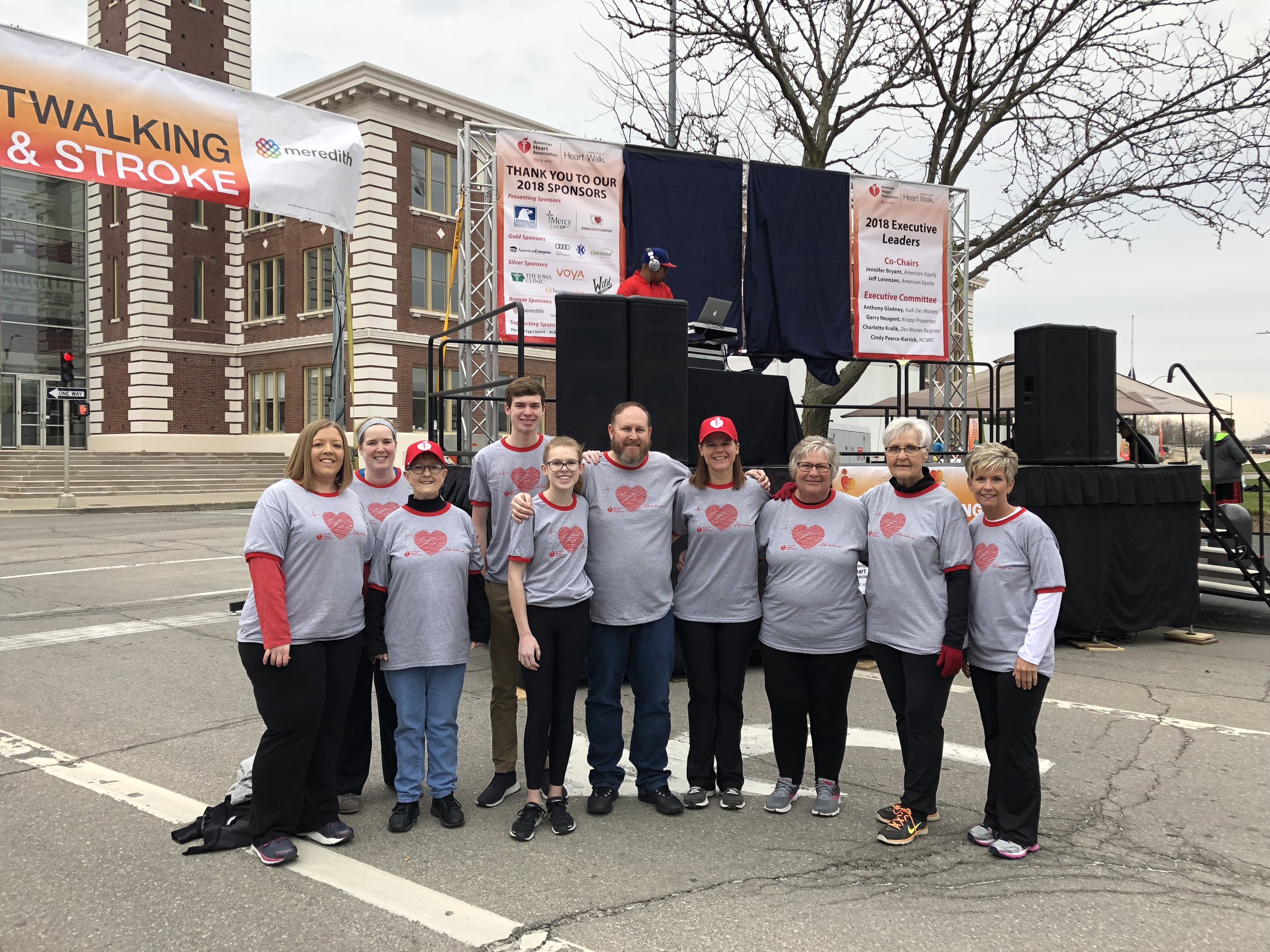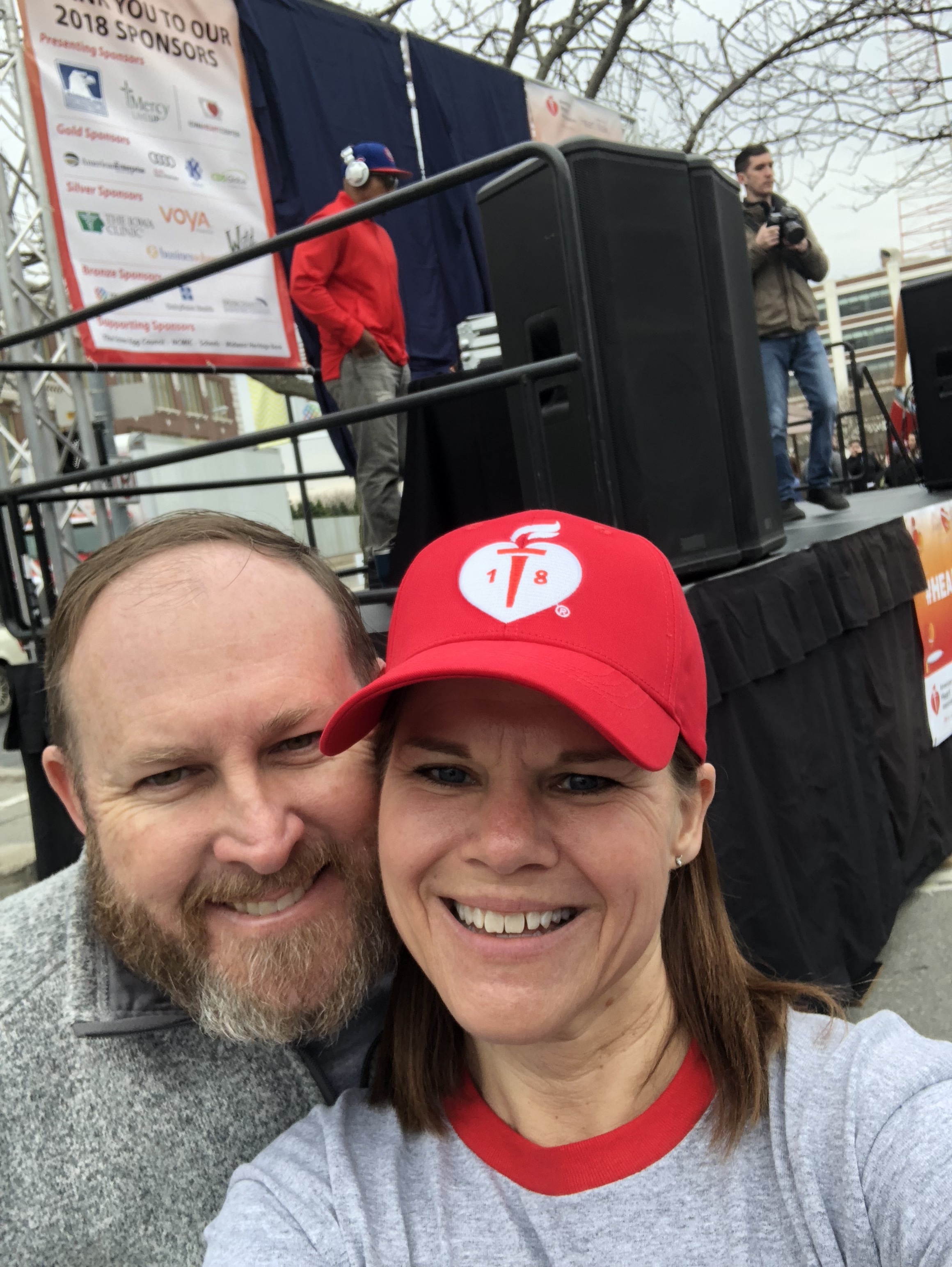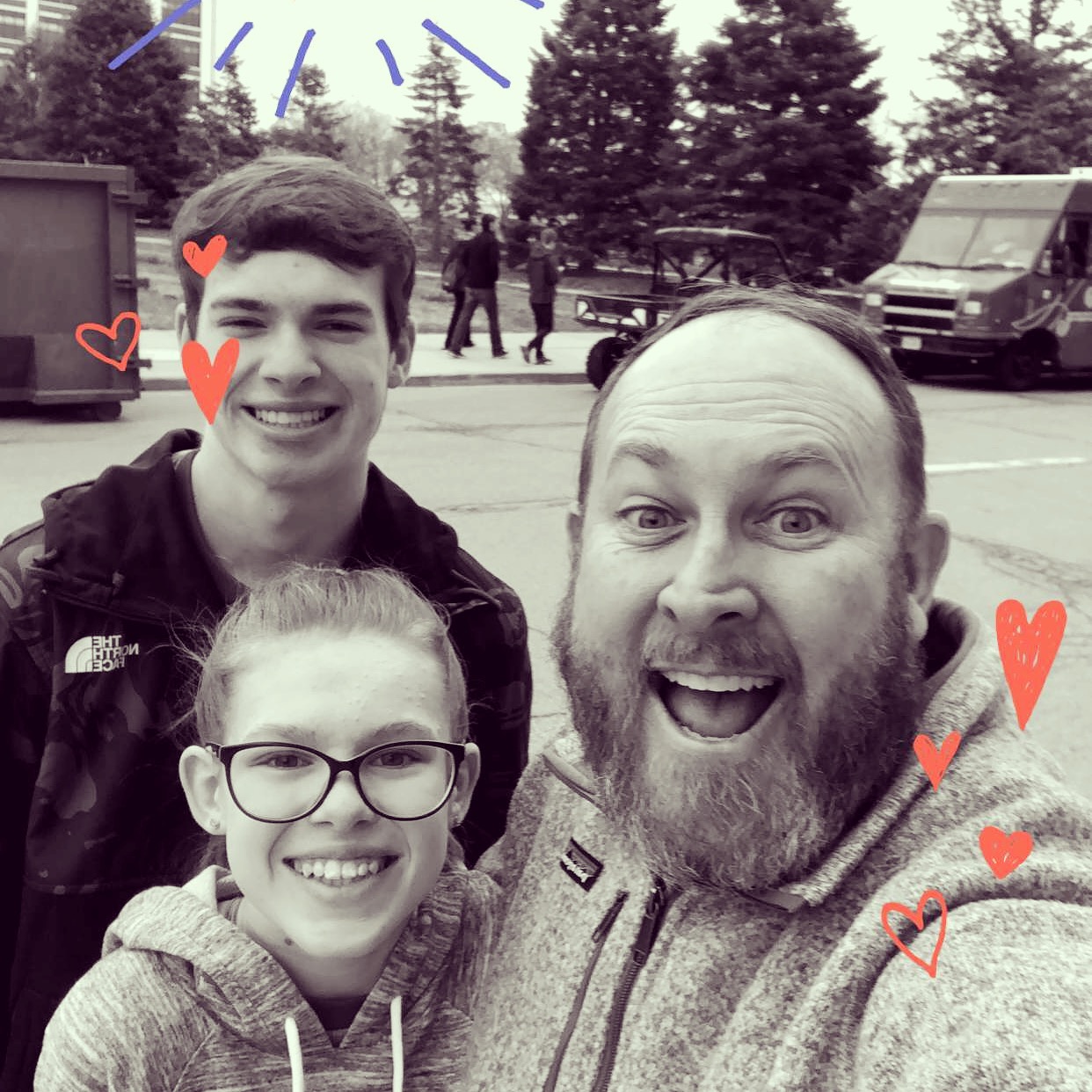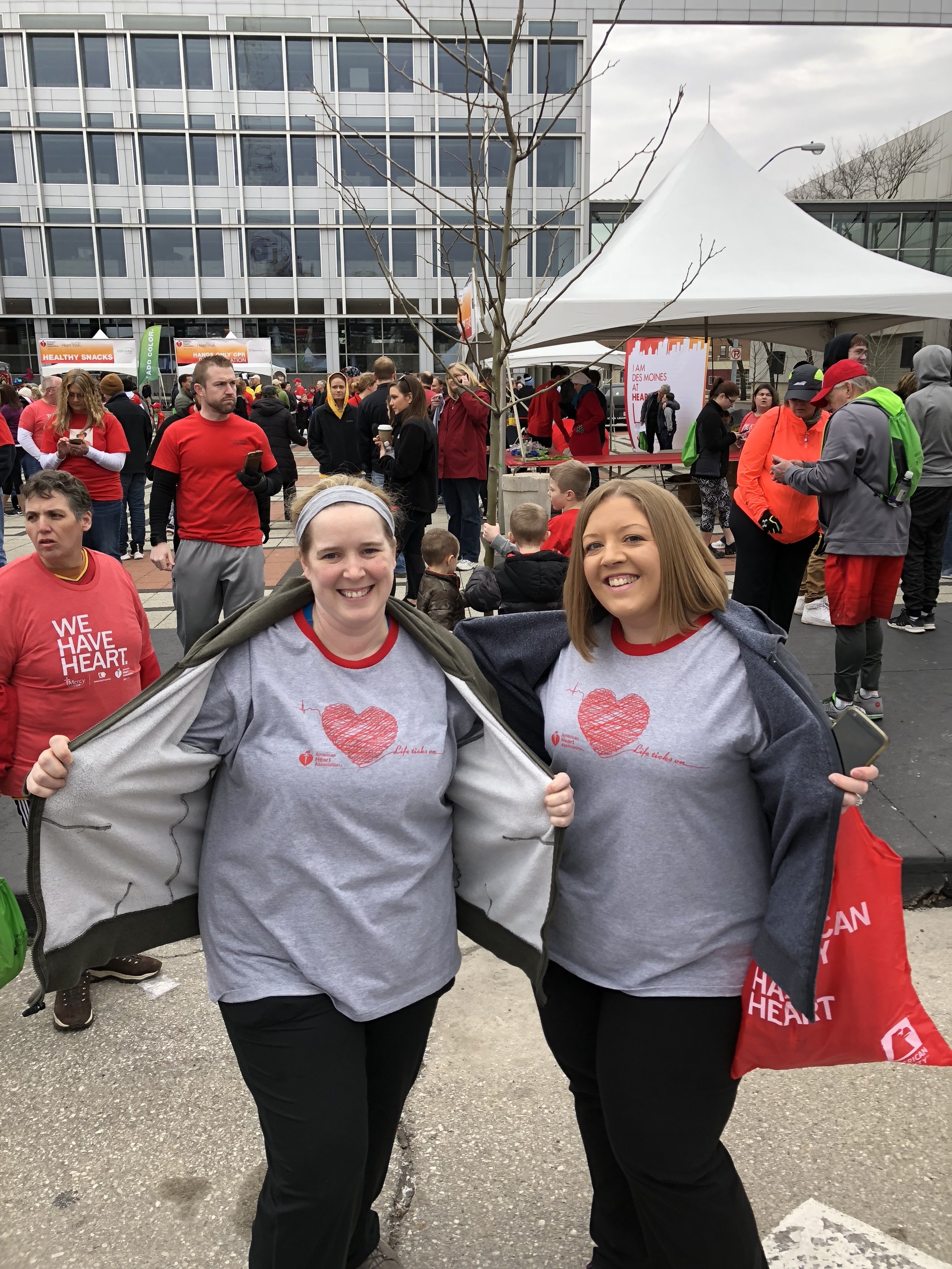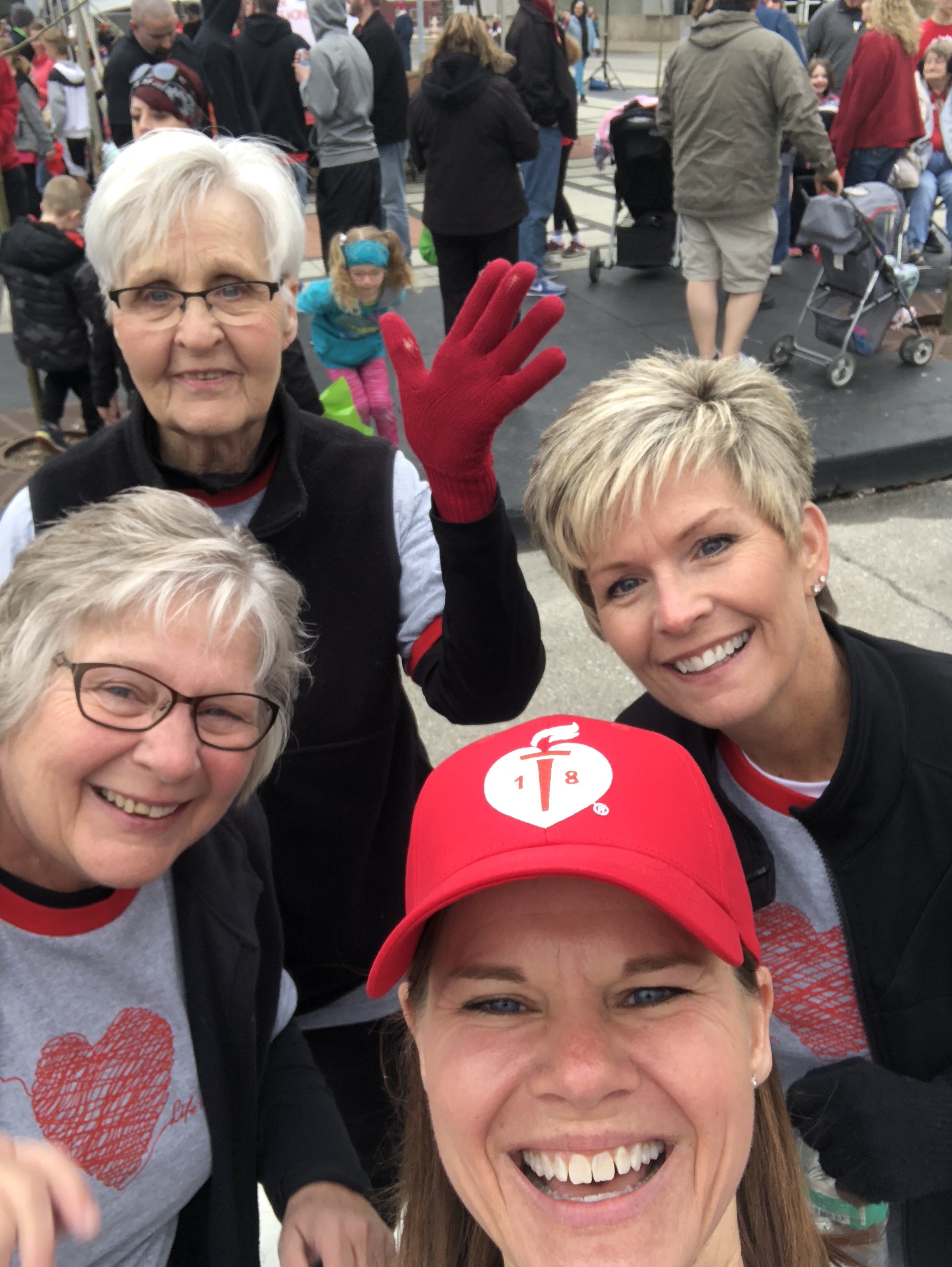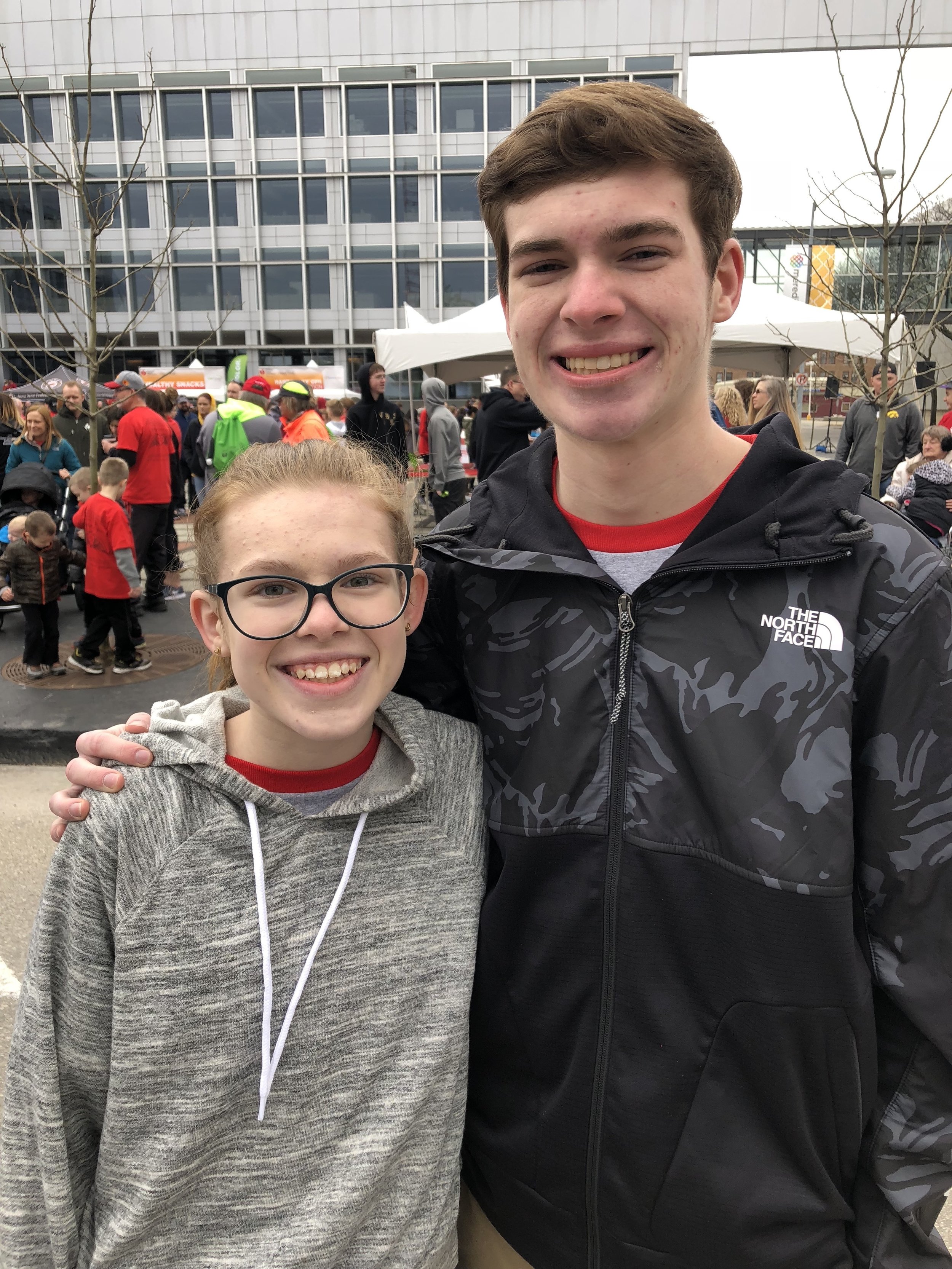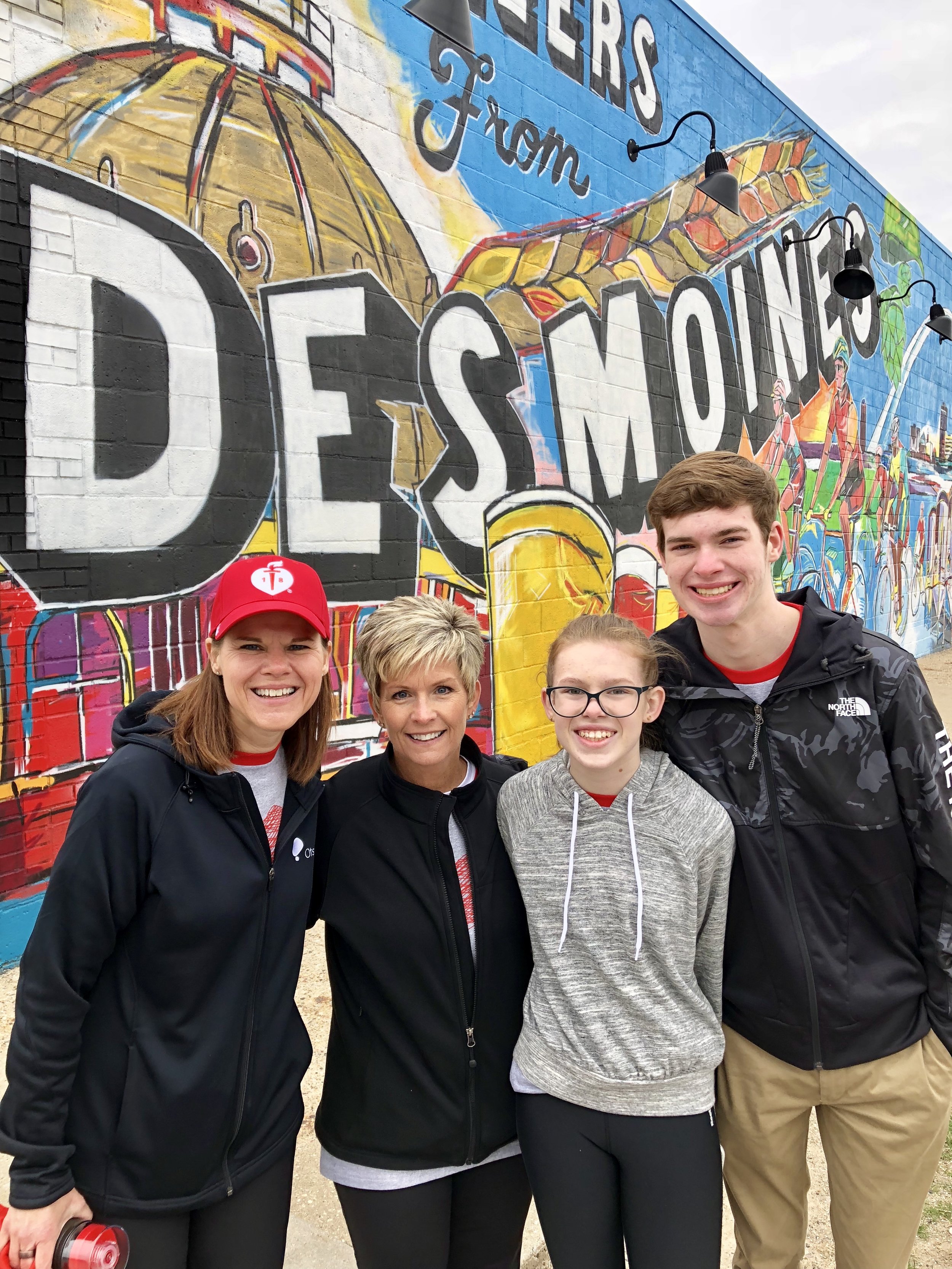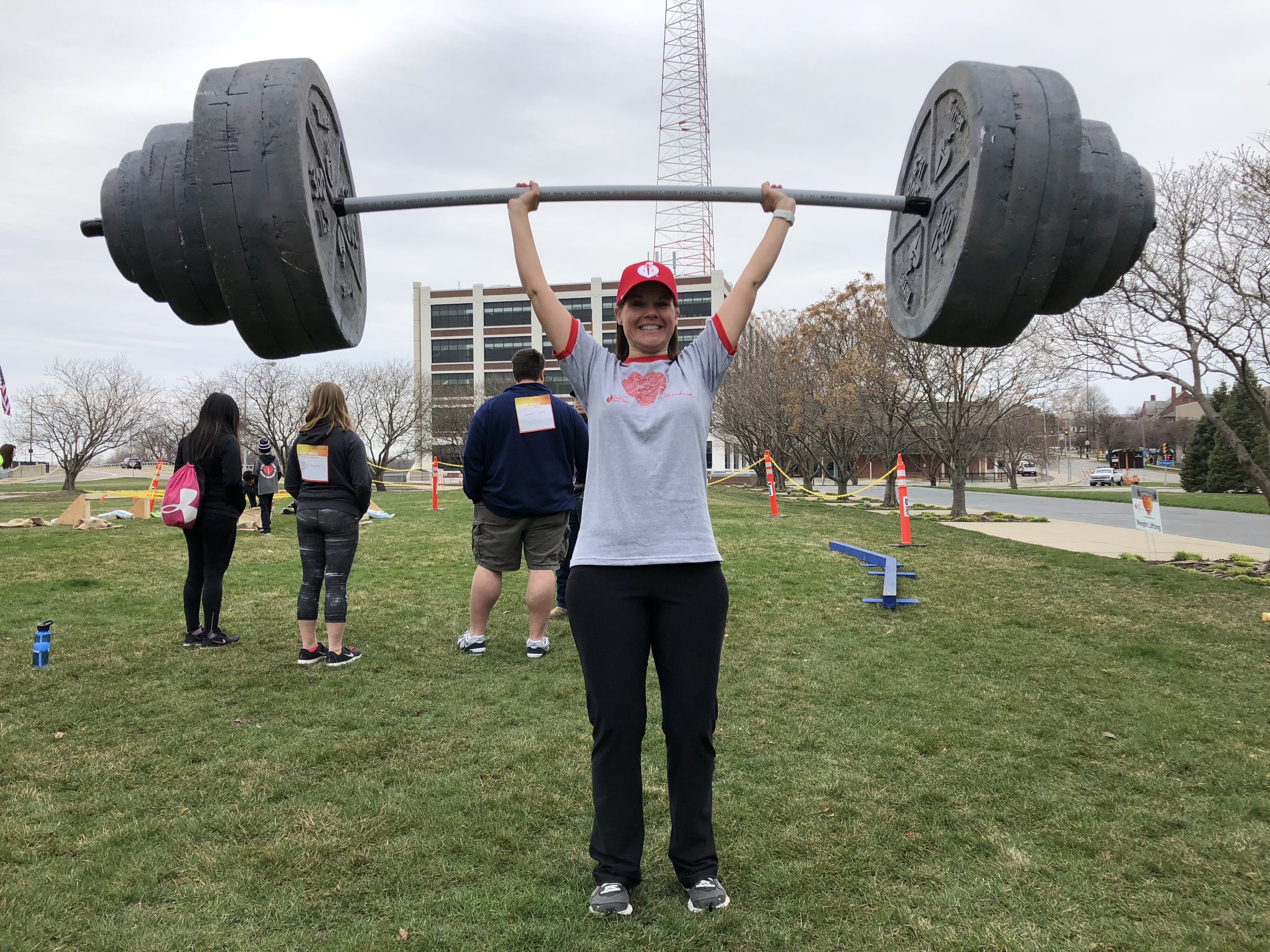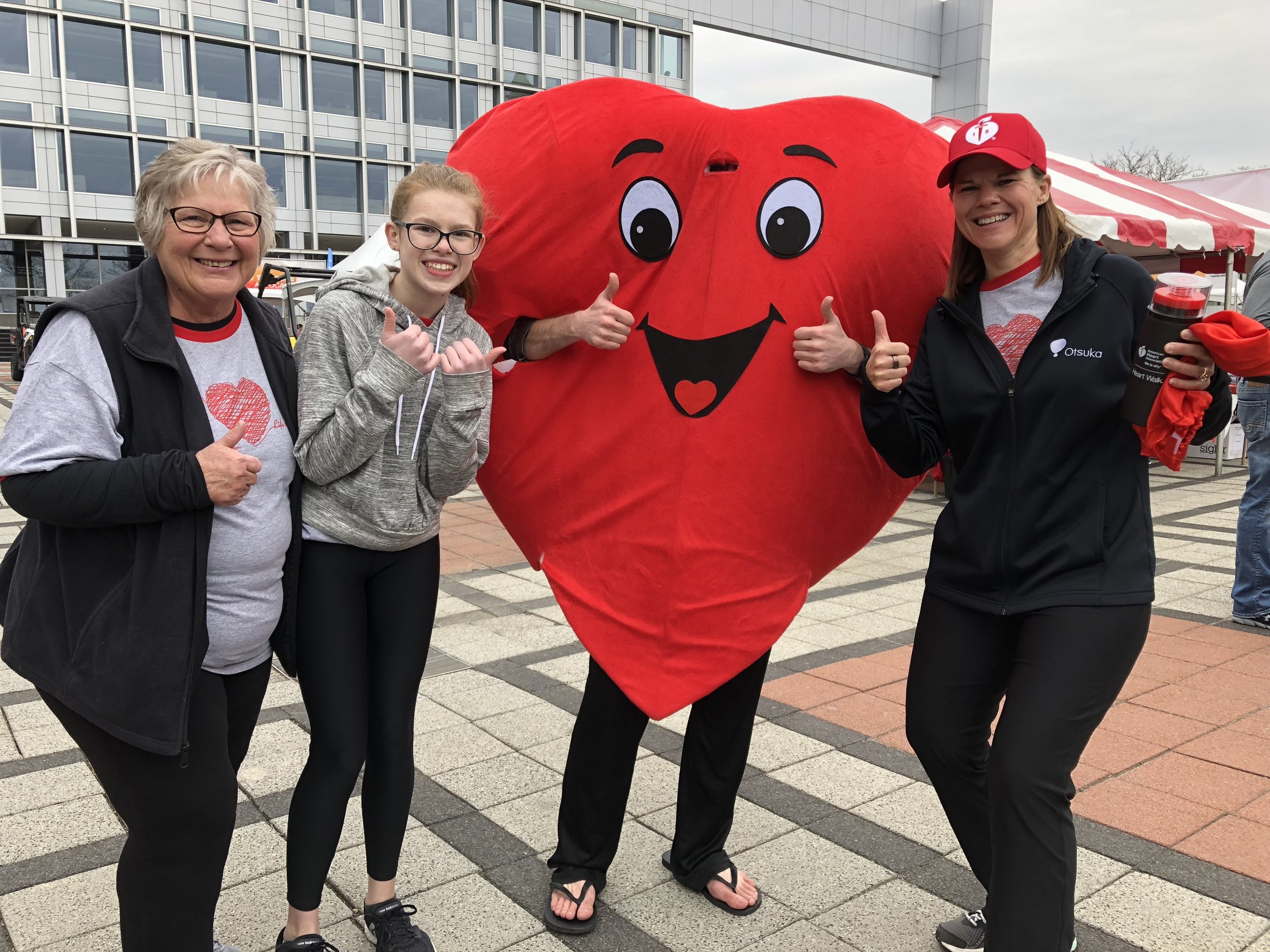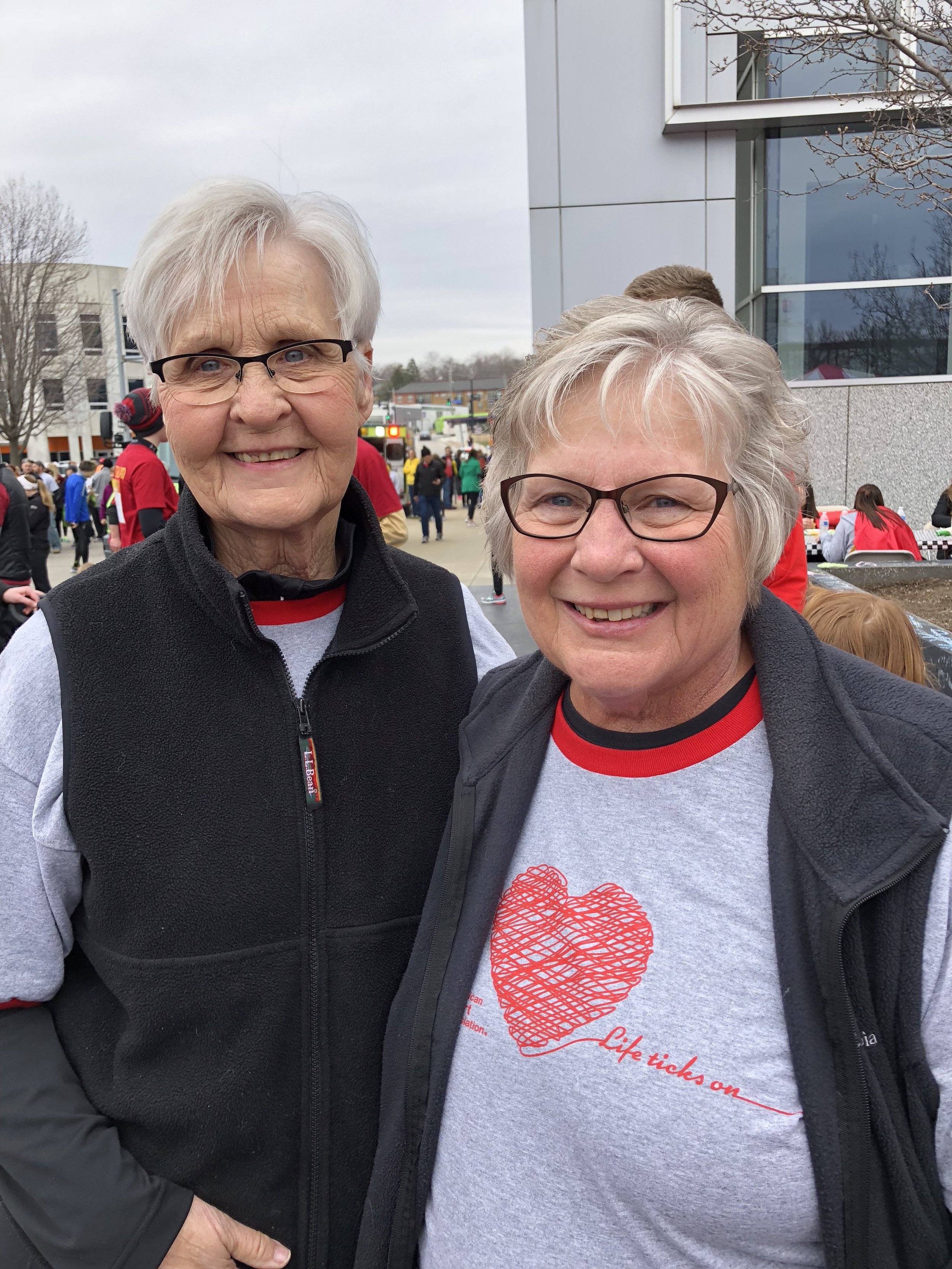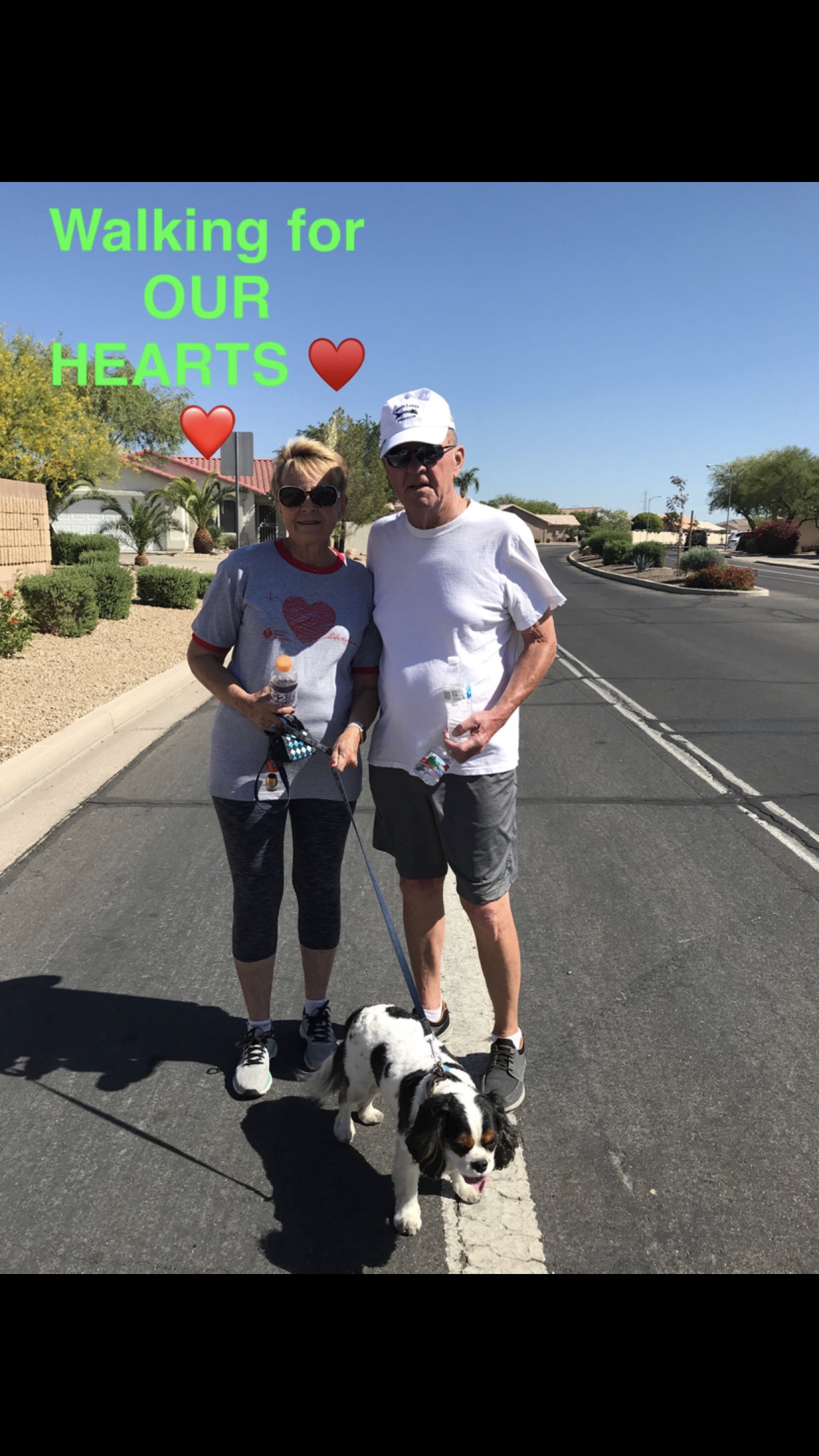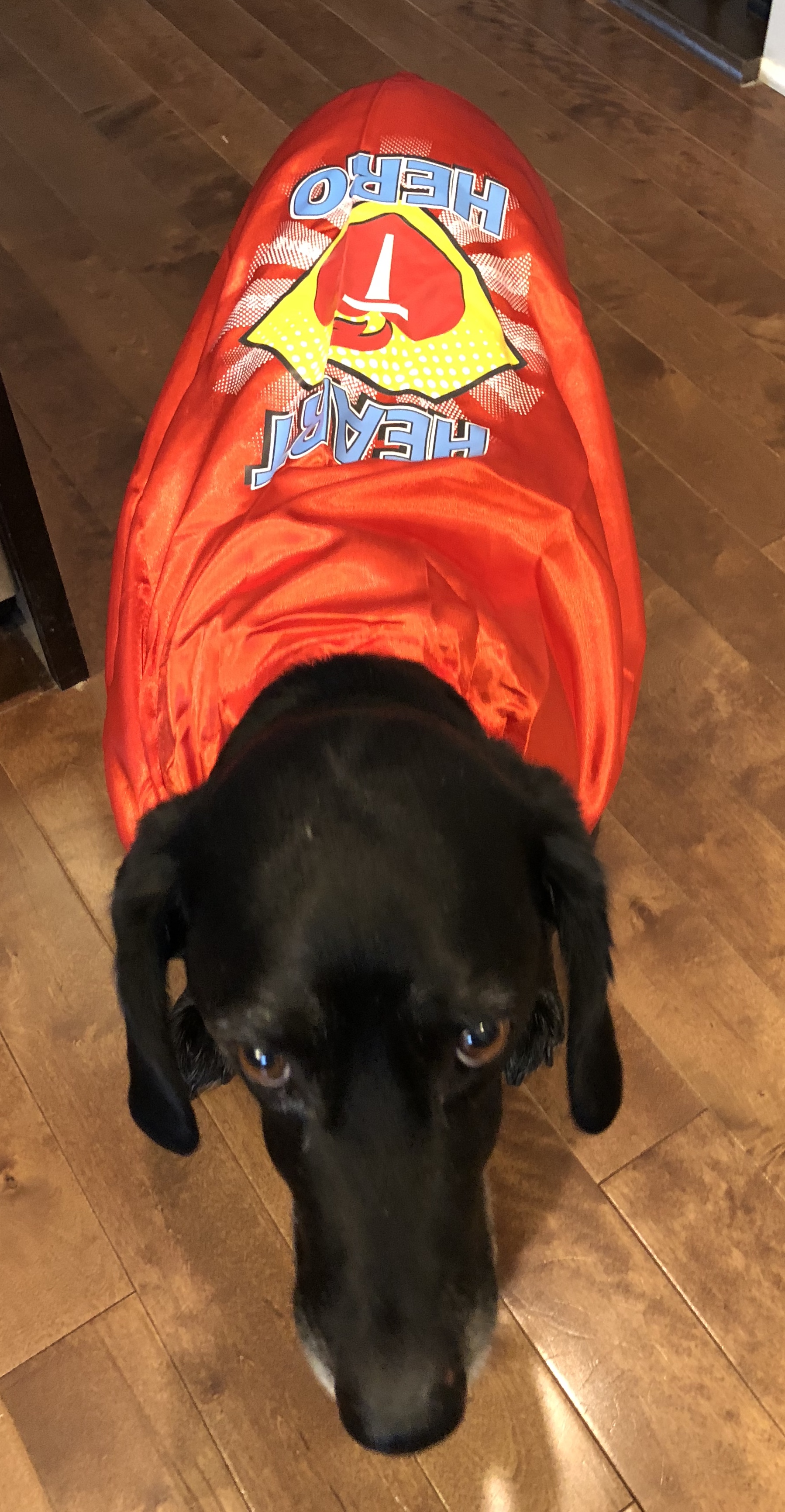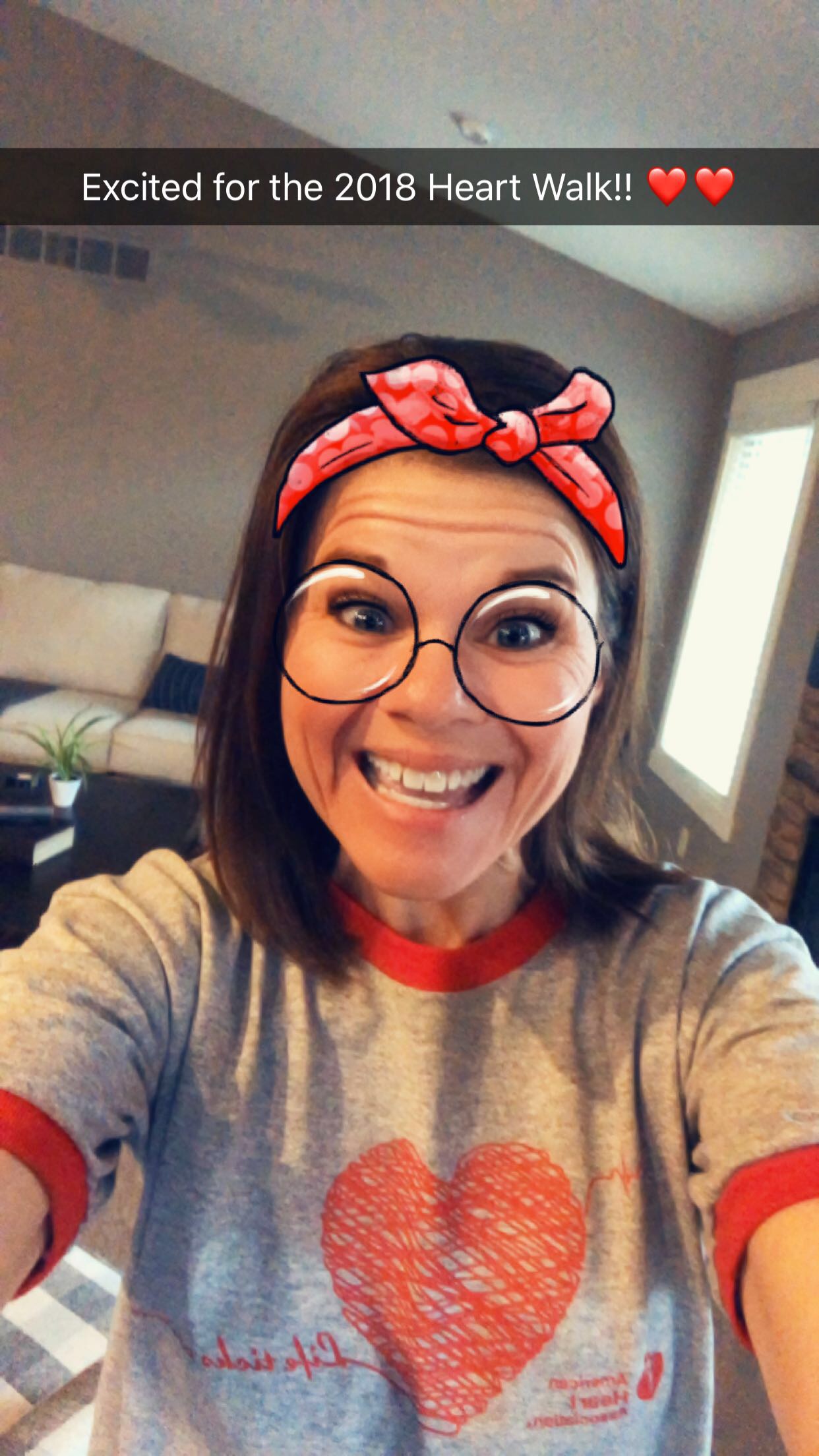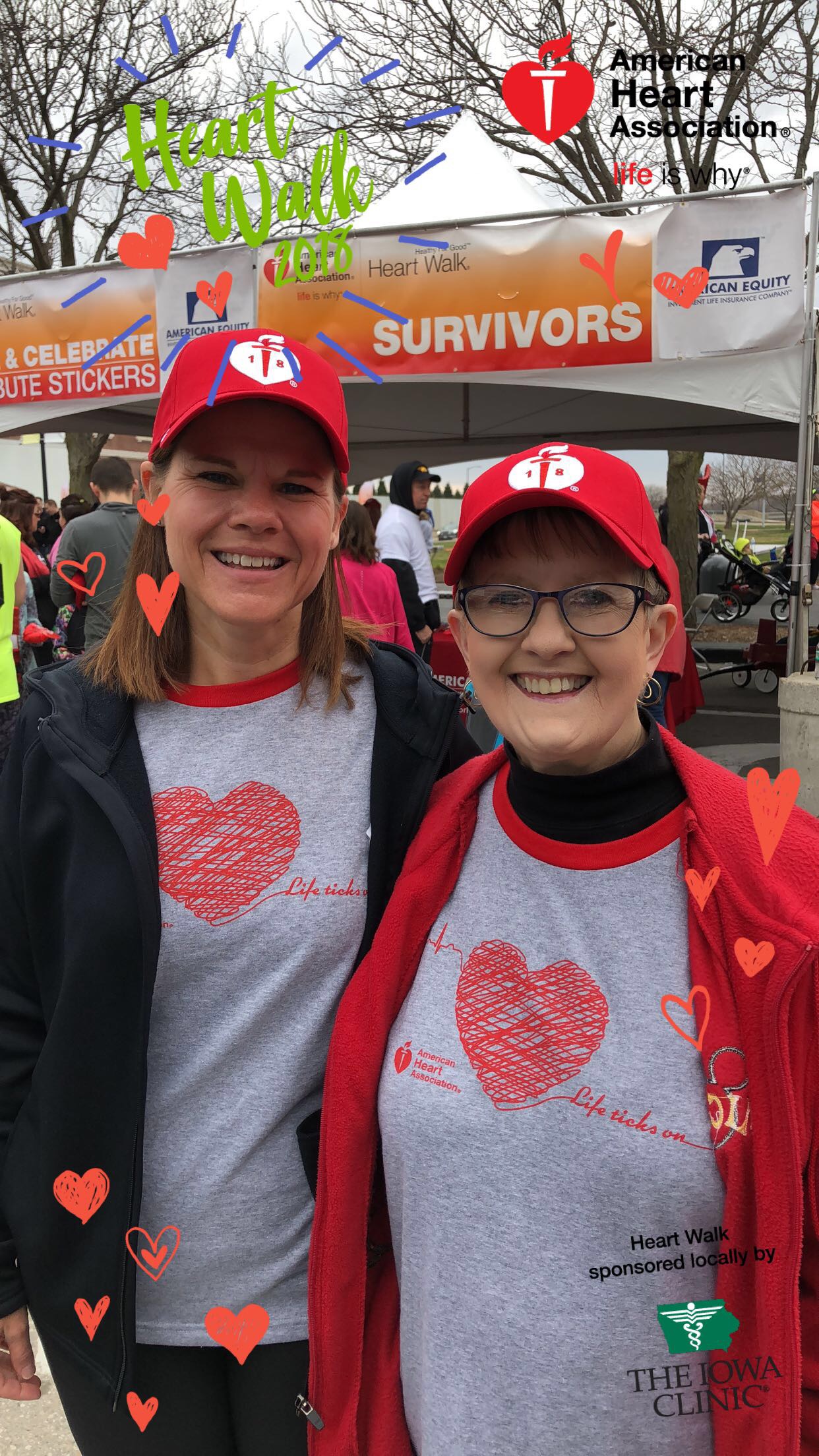Not Your Average Heart Attack
Excited to share with you a guest blog today from Heather Meyer another SCAD survivor. SCAD, touches all people, no matter where you live or what your lifestyle is. You can follow her blog at https://www.unbreakablefitnesscoaching.com/blog
Monday morning 5:30 AM, just like any other humdrum Monday morning, sitting with that feeling in the pit of my stomach knowing that I had a day full of client meetings, agency pitches and an entire week of 10-12-hour days, so I paid no mind really to the pain radiating across my chest. I exercise vigorously including running, riding, snowboarding, hiking, and strength training every day of the week so I attributed it to muscle pain which I experience often. It never occurred to me that it could be anything else. Plus, I was distracted, more focused on my work tasks than on myself, pushing through everything like I’ve always done.
This particular morning, the morning of February 8th, 2016 was different, the kind of different that changes your life forever. In an effort to get the pain to subside I took two Advil and laid down to see if it would fade away, or if I could mentally ignore it. As I struggled with different positions, massaging my chest, experiencing increasing pain, and fairly sure that 20 minutes had passed with no relief, I finally began to think that something could possibly be wrong.
When I decided that the pain was a signal of something else going on, I got myself dressed and then went to find my husband who was on a conference call. In the short period of time it took me to get down the steps into the kitchen I was doubled over in pain. The look on my husband’s face as I rattled off the symptoms told me that he was worried and it was only then that I started to considered that ok, well maybe this is a little serious but nothing too serious. My rational was backed up by a few factors; I was only 40 years old, I was vegetarian, with no other risk factors, and completely healthy, so my unwillingness to believe something was wrong was validated in my head. My husband after some discussion decided we would drive to the Emergency Room. My first mistake in the entire event was this decision. I should have called an Ambulance but made the decision not to based on two factors:
1) I lived in Colorado in High Country at 8,300 feet on a dirt road off of a road called Magnolia Road famous for the hair pins and steep grades that drops 3,000 feet down into Boulder. I thought it might be faster to drive myself, which as an after-thought is not accurate.
2) I didn’t truly believe that anything was really wrong with me. I was still in denial that even though the symptoms all read heart attack, that it was an impossible scenario that something like that could happen to me.
My husband and I casually got ourselves together and drove down the mountain. We were so casual about it that our first stop was at a Hospital that didn’t have an Emergency Room, oops. As we made our way to the correct hospital we caught red lights, got stuck behind slow people, it was rush hour, everything was working against us in terms of time. We still chatted away though, shifting conversations between my symptoms and casual topics. I do honestly believe now, that this casual calm approach helped protect me. It kept me from having anxiety which would have probably exacerbated the situation.
Arriving at the emergency room they took me right away, as they always take chest pain very seriously, plus it was a quiet morning there. They kicked into high gear taking blood work, hooking up IVs, EKGs, and running the whole gamut of tests.
After a few hours the ER Doctor who I now attribute to saving my life approaches me and indicates that nothing is showing up in the blood work, but something still doesn’t seem right to her so she doesn’t want to release me, she wants to keep me for observation. This decision to admit me would be critical in saving my life. If she sent me home, which happens often with SCAD patients, I may not have made it. It’s also important to note here that the Troponin protein that shows up in your blood when you have a heart attack sometimes doesn’t show up in your blood for 6-12 hours after the initial attack, and this was the case with me, so still no indication of a SCAD heart attack at this time.
The hospital then set me up in my cushy private room with my organic food menu (I was starving), and I ordered up food and texted my oldest sister as a precaution to let her know that they were going to admit me but assured her that there was nothing to worry about.
Hunger trumps everything for me so after I eat, I’m focused again on this persistent pain that is not improving, and not responding to Toradol which they gave me because they thought I might have pericarditis. Just as I’m trying to process the situation again, a cardiologist walks into the room and pulls up a chair. He says, your blood work came back, and there is Troponin in your blood, we need to rush you into catheterization surgery. We think you are having a Spontaneous Coronary Artery Dissection. Just then my whole world shattered. What is SCAD? What do you mean Cath Surgery??? How could this be happening? I look over at my husband who is now white as a ghost, mouth gaped open, dumbfounded.
As they prepped me and asked me to sign release waivers indicating the risk of mortality during the surgery, I texted my sister saying “Shit Just Got Real”. Call Mommy and let her know. At that moment I regretted not telling my Mom, because if I didn’t have the chance to speak to her again I knew she would be devastated and it wasn’t fair for me to do that to her or anyone in my family for that matter. All I could do now was hope that I made it out, that they could confirm the SCAD and that she would have the opportunity to set me straight about keeping her in the know J.
To provide a little background and thought process before moving on. I have a very large, close knit family who all lived at the time 1,900 miles away from me back on the East Coast. I knew based on this I needed to be careful about how I communicated what was going on with me in order to prevent total chaos, so I made the decision to only text my oldest sister who during times of adversity I know can be discreet and maintain a sense of calm. Talking to my mother wasn’t an option at this time because I know she would feel helpless and I didn’t want to put that stress and pressure on her, so I decided I would wait until I was out of the hospital. I was fairly sure that I would be out in a couple of hours and could let everyone know after the fact so I wouldn’t cause anyone any unnecessary worrying. Another mistake. Let your family and those close to you know immediately when you are in the hospital, you never know when it might be your last moment, and they deserve to know.
The trip down the long, cold, hallway to the catherization lab was a blur. Once inside it was freezing, filled with stainless steel equipment and a flurry of people buzzing around in masks and scrubs. I spoke briefly with the interventional cardiologist and within minutes I was out.
After the procedure I woke up in the recovery room feeling groggy, disoriented but happy knowing that I was in the right place. The surgery confirmed that is was indeed a SCAD and that the best treatment approach was to let the tear heal on its own. It’s a less invasive approach, and arteries do heal on their own.
The next morning however after the surgery, I woke up in the hospital bed with excruciating pain again in my chest, arm and neck, so they gave me some morphine and did an EKG. Within minutes of hooking me up to the EKG, the tech sprinted out of the room and I knew it wasn’t good. With the drop of a hat I was off to the Cath Lab for my second surgery.
My cardiologist walked me down to the lab, and I bluntly asked him if I was going to die. He looked at me in a matter fact way and said “I don’t know”. Something strange then happened. I accepted what my fate could be and I wasn’t afraid. I thought it’s out of my hands now and nothing I do will change my outcome. Acceptance is peaceful, and it allowed me to go into the lab unafraid.
As they wheeled me into the Cath Lab, I made jokes along the way. I told the interventional cardiologist in the lab that I was embarrassed that I was wearing the same outfit as yesterday, making light of the situation.
I woke up again in the recovery room, this time I felt rough. Two surgeries, so invasive to your body and heart is hard to handle. As it turns out, the SCAD had completely blocked the blood flow to my heart, I had a myocardial infarction and I was now outfitted with two brand new shiny stents. Woo hoo, I was finally bionic (just kidding), well sort of. In addition, I had a massive hematoma on my groin where they went into my femoral artery that was the size of a grapefruit. When a second Catherization is required the Cardiologist cannot use the same collagen plugs, so they simply use pressure. The pain was off the charts as the doctor put his entire body weight on the hematoma to get the bleeding to stop for 45 minutes. Now I’ve been through many things in my life, but nothing could compare to this, it was the rawest edge of emotion and pain I’ve ever experienced.
Day 3 comes, and I’m stabilized or so I think. I could start to process some of the feelings, and it was like my whole world just got flipped on its head. I didn’t know who I was anymore, my whole identity as an athlete was taken from me. It was a whirlwind of emotions.
The party was not over yet though. I started to feel worse again, like I was going to pass out. I told the nurse, but she just told me I was just anxious and said I would be fine. I trusted her, but as more time passed I had a gut feeling, you know the one where every part of your being knows something is not right, and as I passed out I pressed the call button and told my stepdaughter to get help.
It is my understanding that the entire code team was in my room that day, and that my blood pressure and heart rate were dropping at a drastic rate and they couldn’t stop it. I believe it was in that moment that I think I experienced a Near Death Experience. I wasn’t afraid, I felt at peace, and I felt sorry for my family around me because I knew that they would be sad if I passed. I wanted them to know that I was going to be ok, and even if I passed that that I would be ok and be in a better place. My emotions were peaceful, and it was the most peaceful thing I’ve ever experienced in my life. I felt calm, accepting, and there was no fear. I didn’t fight to stay alive, I let things just flow, and just then a thought popped into my head. The thought that today wasn’t my day to die. Then I became conscious again, and saw the entire Code Team in my room, with my husband and step daughter in the back of the room crying. I was back, and that fateful day was apparently not my day to go.
Since my SCAD I’ve been sick with re-occurring pericarditis, in and out of the hospital at least 4 times, but never catheterized again like many other SCAD patients. I’m on my way finally over 2 years later on a path to wellness with the right care and medication. I’m grateful for the amazing doctors at Boulder Heart who knew enough to admit me, and knew enough to identify the SCAD.
I also made a decision to leave my stressful corporate job and move into a profession where I could give back. As such I went back to school and became a Certified Personal Trainer and started a fitness coaching business. My focus is on helping other cardiac patients or people from special populations to help them improve or develop a healthy lifestyle.
Extreme situations that bring you close to death change your perspective and the way you view life. Sometimes it brings more fear, sometimes it brings less fear, but the most important thing it does is remind us how precious life really is and how quickly it can be taken away from us.
My advice to everyone, not just SCAD patients is to get up every day, breath in the fresh air, hug your family, tell people you love them, play with your pets, and most importantly project out love and kindness, because I’m convinced that’s the only way to be truly happy.
SCAD changed my whole life, but good things come with bad things all the time and set me on a path to enlightenment, change, and gratitude.
Heather Meyer
SCAD Survivor
National Academy of Sports Medicine, Certified Personal Trainer
NASM, GPT
Precision Level 1 Nutrition Certification (in process)

